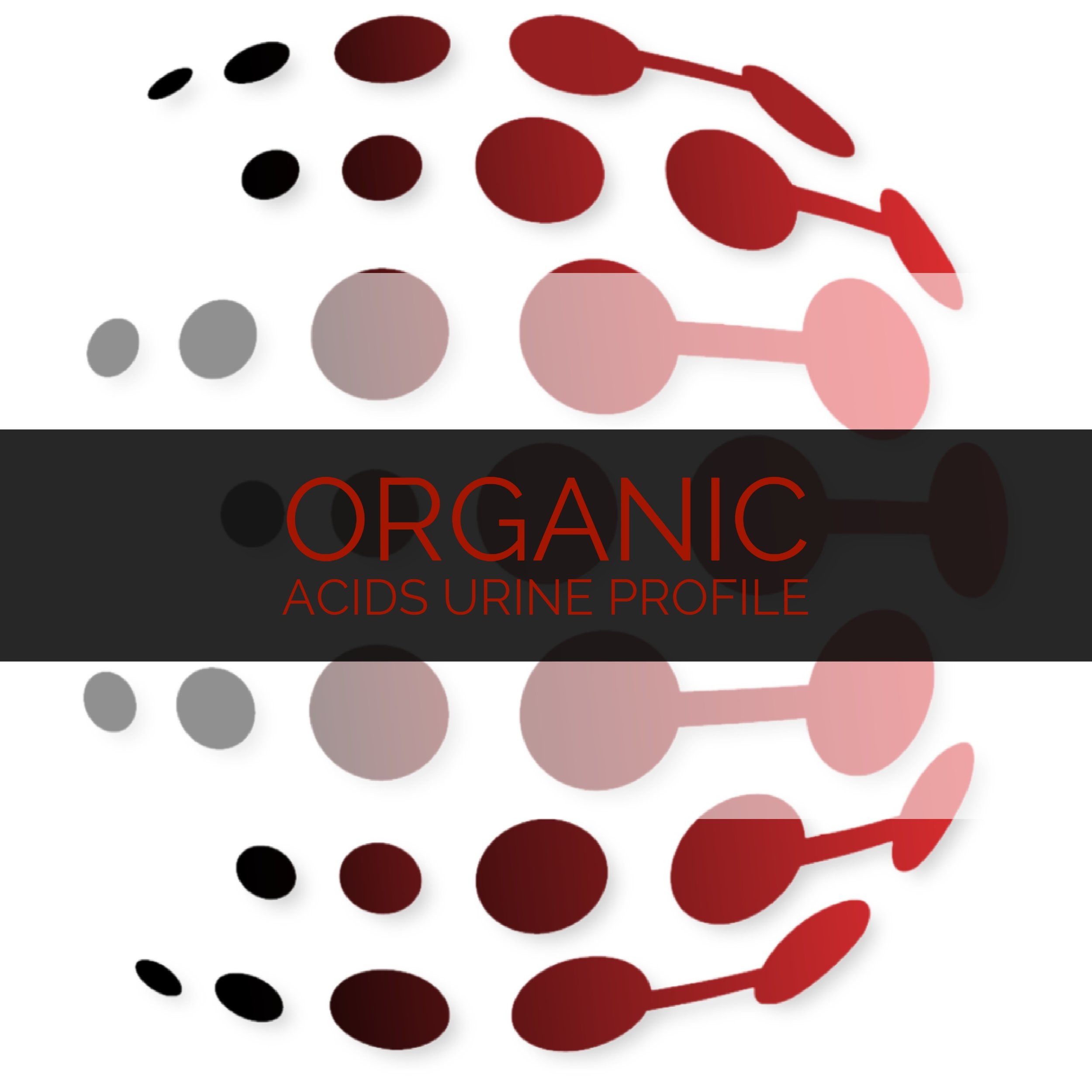The Metabolic Analysis Profile specifically tests for organic acids – compounds in the urine that are produced during daily metabolism. This profile assesses major metabolic areas that may be compromised by common lifestyle and dietary factors, such as nutrient deficiencies, toxicity, bacterial overgrowth, or drug effects. Organic acids testing can indicate the functional need for specific nutrients, diet modification, antioxidant protection, detoxification, or other therapies.
Metabolic Analysis Profile testing is effective for patient concerns such as:
The results and recommendations from the Metabolic Analysis Profile can provide guidance for the development of personalized supplementation, identifying nutritional insufficiences that may be a contributing factor in complex chronic conditions.
The Metabolic Analysis Profile report allows for easy interpretation and clinically actionable results. It includes a Suggested Supplement Schedule that provides personalized recommendations based on test results. The Interpretation-At-A-Glance section of the report provides facts related to nutrient function, causes and complications of their deficiencies, and dietary sources.
The Metabolic Analysis Profile report categorizes test results into major metabolic areas:

The Metabolic Analysis Profile specifically tests for organic acids – compounds in the urine that are metabolic byproducts of cellular metabolism.
Patients with chronic symptoms (especially those eating the standard American diet) or those simply seeking general health or sports-performance optimization may benefit from measurement of organic acids to evaluate specific metabolic pathways and biomarkers of enzyme cofactor need.
Of the 5750 enzymes cataloged in the April 2016 ExPASy ENZYME database, almost 32% (1817 enzymes) require vitamin and/or mineral cofactors. Even with a "good" diet, many people fall short of these critical nutrients. A 2011 analysis of data from the 2003-2006 National Health and Nutrition Examination Surveys (NHANES) found that a significant percentage of Americans (excluding those taking supplements) had usual intakes of many nutrients below the estimated average requirement (EAR).
For instance, the active form of pyridoxine (vitamin B6) is a cofactor in almost 9% of the over 1800 human enzymes requiring a cofactor, affecting pathways involved in amino acid, glucose, and lipid metabolism, as well as the production of hemoglobin and brain neurotransmitters. The NHANES data demonstrated that in adults aged 19 and over (not taking supplements), 15% had usual intakes of vitamin B6 below the EAR. Levels of organic acids associated with B6-dependent pathways may indicate a need for B6 supplementation.
Dr. Roger J. Williams (the scientist who discovered panthothenic acid, vitamin B5) first coined the term "biochemical individuality" in 1956 to explain genetic variability in disease susceptibility, nutrient needs, and drug responsiveness among otherwise seemingly healthy people. Although practices are changing, the traditional medical model does not currently place emphasis on biochemical individuality. The conventional clinical approach to nutrition-related symptoms does not routinely include utilization of comprehensive nutritional testing through organic acids analysis. When testing is performed, select vitamins are typically assessed in blood to determine if the level is sufficient to meet nutrient requirements based on healthy individuals. Organic acids testing aids in the identification of imbalances occurring in the body that may well precede abnormal findings on conventional serum laboratory panels. Organic acids testing allows greater insight into a patient's biochemical individuality, leading to more targeted therapeutic recommendations.
Organic acids testing with the Metabolic Analysis Profile can indicate the functional need for antioxidants, B-vitamins, minerals, digestive support, diet modification, detoxification, methylation support, or other therapies. The functional nutrient recommendations, based on data generated from the report, identifies subtle impairments in cellular function that may not be apparent on standard serum laboratory work-up. This allows the clinician to make tailored recommendations to enhance other treatments and increase the patients' overall health outcomes and ability to combat chronic illness.
CONTACT US